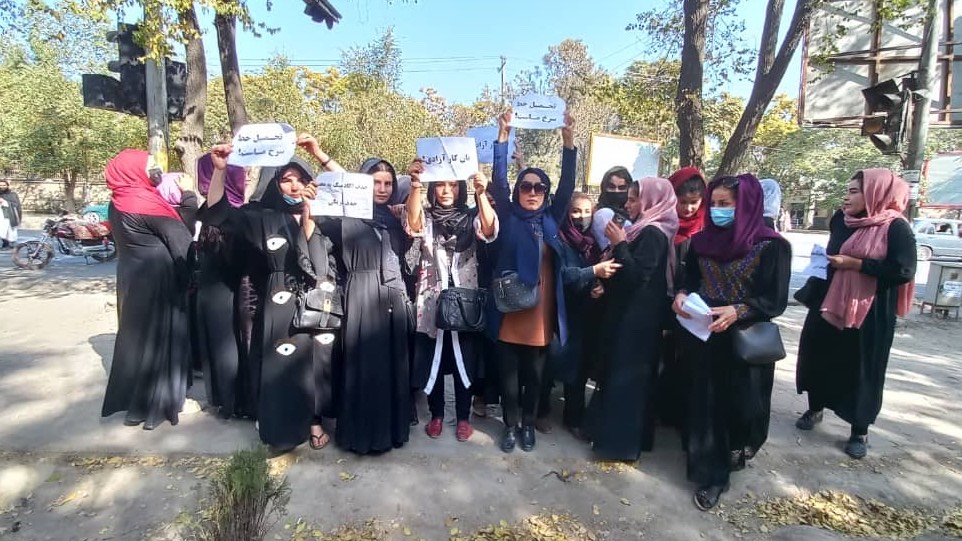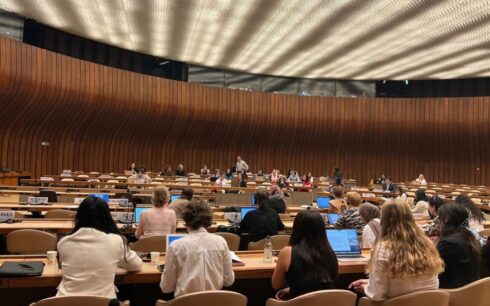MUNICH, Germany – At the Munich Security Conference 2024, foreign ministers from a coalition of nations raised serious concerns about ongoing human rights abuses in Afghanistan, particularly against women and girls.
Representatives from Albania, Andorra, Belgium, Bulgaria, Canada, France, Germany, Kosovo, Liechtenstein, Mongolia, the Netherlands, and Romania issued a joint statement urging the Taliban to cease what they described as systematic gender persecution, potentially amounting to crimes against humanity.
The ministers highlighted the Taliban’s recent wave of detentions of women and girls, demanding their immediate release and reaffirming a strong commitment to the fundamental rights of Afghan women and girls.
Since last year’s conference, the Taliban have shown no progress in protecting human rights, with the situation for women and girls worsening, the statement said.
The Taliban’s policies have excluded a significant portion of the Afghan population from public and political life, jeopardizing the country’s future. The ministers cited the bans on education and employment for women and girls, restrictions on their freedom of movement, arbitrary detentions, and forced marriages as stark examples of systemic discrimination.
“The Taliban are responsible for one of the most dire and appalling human rights situations worldwide. By eliminating half of the Afghan population from public life and political decision-making, they put the very future of Afghanistan into jeopardy: Bans on secondary and university education for girls and women as well as bans on women working in NGOs and UN-organizations are striking examples for systematic and systemic discrimination. Strict rules, which violate the freedom of movement of women and exclude women and girls from public spaces, arbitrary detentions of women and cases of forced marriage, are a blatant denial of basic rights of women and girls,” said the ministers.
The group called on the Taliban to adhere to international human rights law and revoke all decisions that severely limit the rights of women and girls. They particularly emphasized the need for girls to access secondary education in line with international standards.
Recognizing the broader challenges facing Afghanistan, including terrorism and drug trafficking, the ministers stressed that adherence to human rights obligations is a key prerequisite for Afghanistan’s reintegration into the international community. They urged the international community to intensify efforts to support Afghan women and girls and ensure compliance with international laws and conventions to which Afghanistan is a party.





